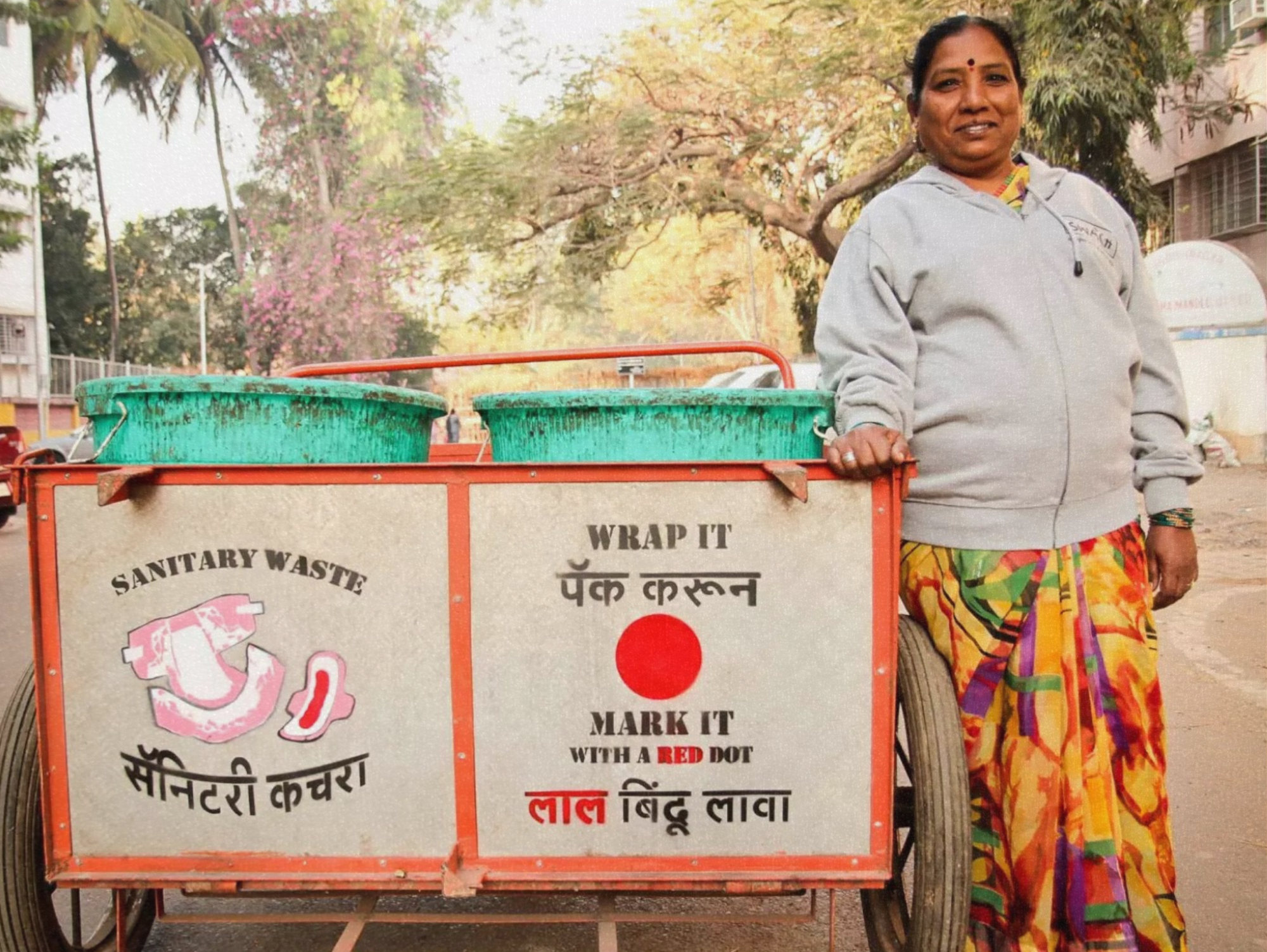Shifting the Plastic Narrative in Asia Pacific
Author: Satyarupa Shekhar, Asia Pacific Coordinator, #breakfreefromplastic
“It is quite frequently that we come across articles and papers that declare the Asia Pacific region as the biggest contributor to ocean plastic. Labelling these countries as polluters is both facetious and inaccurate.” Satyarupa Shekhar is shifting the narrative of the plastic waste crisis in the Asia Pacific Region…
For decades, Global North businesses have used plastic in their products, packaging, and delivery despite knowing that no feasible and viable ways to collect and process the material post-consumer use exist. Meanwhile, countries in the Asia Pacific region are ofted labelled as polluters and the biggest contributors to ocean plastic.
Municipal citizens and governments across Asia Pacific have struggled against the disposable plastic deluge. They have had to contend with demands to increase waste management expenditure and foreign aid to install incinerators. Many have felt compelled to resort to false solutions, such as to make roads and various compressed products. There have also been innumerable clean ups and awareness programmes exhorting citizens to put waste in the ‘correct’ bins.
However, it is common knowledge that single use plastic is difficult to collect, especially sachets which are light and small. Post-consumer plastic is often contaminated with food and beverages, mixed with other materials, rendering it impossible to segregate and process. These false solutions have been promoted by the plastic industry to absolve themselves of the responsibility, instead keeping the spotlight on individual consumers.
Shifting the Narrative
Since its inception in 2016, BFFP has been challenging this narrative. Members across the Asia Pacific region have successfully advocated for policy changes to enhance corporate accountability, instituted new praxis, and spearheaded culture-shifts. Many members are also actively engaged in promoting alternative solutions such as reusables, zero waste cities, and recentering the discussion on producers.
Switching to Reusables
Aside from the traditional biodegradable packaging, Asia has a rich tradition of reusables. Start-ups are innovating on the types of products and adding attractive nuances to products such as reusable water bottles to sustainable menstrual hygiene products. Many of our members are leading campaigns to bring consumer awareness around the sustainability of the products that they use. The Sustainable Menstruation Kerala Collective, for example, works to improve women’s understanding of the consequences of using disposable sanitary napkins on their health and environment.
Zero Waste Systems
Several members are working with governments and communities to establish zero waste systems. In the Philippines, Mother Earth Foundation’s pioneering efforts have ensured that the zero waste concept is firmly rooted in several barangays and cities, such as San Fernando, saving them millions of dollars in waste management while also generating thousands of green livelihood opportunities.
In India, Swach KKPKP and Chintan support informal waste pickers to secure their right to livelihood and to win public waste management contracts premised on segregation and material recovery. Country-level zero waste alliances in Indonesia and Vietnam, though young, have established impressive policy visions for zero waste cities as well as provided communities with simple, yet effective models and capacity building programmes.
Corporate Accountability
Complementing these initiatives that showcase real alternatives are efforts that highlight the need for greater corporate accountability. Trash Heroes, a volunteer based organisation working to reduce and clean waste across the South East Asia region has astutely identified that “cleanups on their own are not a long term solution to the problem of plastic waste. For that, we need to go to the source.” EARTH Thailand and Consumers’ Association of Penang, are among members that have demanded that their national governments create a regulatory framework for extended producer responsibility (EPR) schemes.
Brand audits have become the most powerful citizen science tool used the world over to recenter the discussion on plastics production and use. While clean-ups can tell us the extent of the problem, brand audits reveal the real polluters – companies that continue to market their products in single-use, disposable plastic. BFFP members, including Ecoton in Indonesia, Ecowaste Coalition in the Philippines, and Greenpeace Thailand have been at the helm of these efforts and many are using this evidence to bolster their campaigns for corporate accountability.
Members across the region are doing what they do best: reduce waste and plastic pollution, and reveal the true polluters and false solutions. What they are doing even better is to reaffirm their commitment for a plastic-free planet, and revive ways of production and consumption that respect our ecological boundaries and intergenerational equity.
This article was first published on Break Free From Plastic in January 2021, discover more here.








